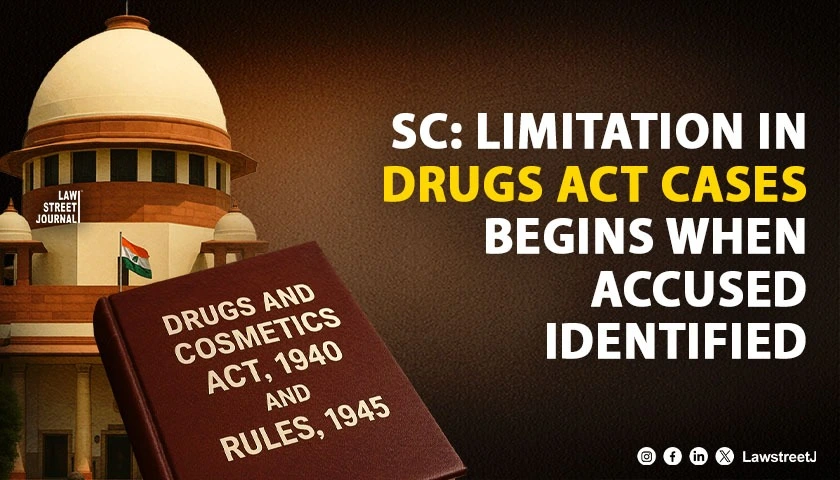The Uttarakhand High Court turned down a petition, filed by BJP leader Dr. Subramanian Swamy, wherein, he had challenged the constitutional validity of the Uttarakhand Char Dham Devasthanam Management Act, 2019 (hereinafter, the Act). The Court also provided an elucidated explanation of Article 26 of the Constitution of India.
The matter was heard by a division bench of Chief Justice Ramesh Ranganathan and Justice R. C. Khulbe. The Bench read down Section 22 of the Act.
In this case, Dr. Subramanian Swamy claimed that the Char Dham temples belong to Hindus professing Sanatana Dharma or a section thereof. Referring to the definition clauses and other sections of the Act, he argued that they are the acknowledgement of the fact that the temples belong to Hindus professing Sanatana Dharma or a section thereof.
However, the State contended that Hindu Dharma and Sanatana Dharma are synonymous to each other; hence, the Hindus professing Sanatana Dharma cannot be called a religious denomination. The mere fact that the temple is a Hindu temple cannot bring it under the ambit of Article 26 of the Constitution.
Referring to various Supreme Court judgments, the HC said, Believers of a particular religion are to be distinguished from denominational worshippers. Thus, Hindu believers, in general, including those of the Shaivite and Vaishnavite form of worship, are not denominational worshippers, but from part of the general Hindu religious form of worship. (Indian Young Lawyers Association [55]). As the believers of the Shaiva form (or the Vaishnavite form) of worship are not a denomination sect or a section thereof, but are Hindus as such, they are entitled to the protection under Article 25 and 26 of the Constitution but not to the protection, in particular of Clauses (b) and (d) of Article 26, as a religious denomination in the matter of management, administration and governance of the temples under the Act. (Sri Adi Visheshwara [5]). We find no merit, therefore in the submission that Hindus, professing and having faith in Sanatana Dharma, constitute a religious denomination, or that the definition Clauses in the 2019 Act (where this term finds place) is a legislative acknowledgement that they constitute a religious denomination.
While any sect, or sub-sect, professing certain religious cult having a common faith and common spiritual organization, may be termed a religious denomination, no caste, sub-caste, or sect of the Hindu religion, who worship mainly a particular deity or god can be termed as such. Hindus as such are not a denomination/section/sect; nor as Hindus, professing and having faith in Sanatana Dharma, one such, it added.
The Court observed that the petitioner has not submitted that the temples were established by a religious denomination and therefore, no right is available, under clauses (a), (c), and (d) of Article 26, to manage the temples.
The Court held,
By the use of the word such in article 26(d), the word property referred to therein, is the property referred to in clause (c) of Article 26 in terms of which the religious denomination has been conferred the right to own and acquire property. The words, establish and maintain in Article 26(a) must be read conjunctively, and it is only institutions which a religious denomination establishes which it can claim to maintain. The right under clause (a) of Article 26 is available only where the institution is established by a religious denomination, and it is in that event only that it can claim to maintain it.

![Plea Challenging Validity of the Uttarakhand Char Dham Devasthanam Management Act, 2019 Stands Dismissed: High Court [READ VERDICT]](/secure/uploads/2020/07/lj_3792_high.jpeg)





Soham Sharma Jun 07, 2021
very informative knowledge I get from this website about Chardham. They have described very briefly the court orders. thanks to the wonderful website for providing some news for Chardham to the people.